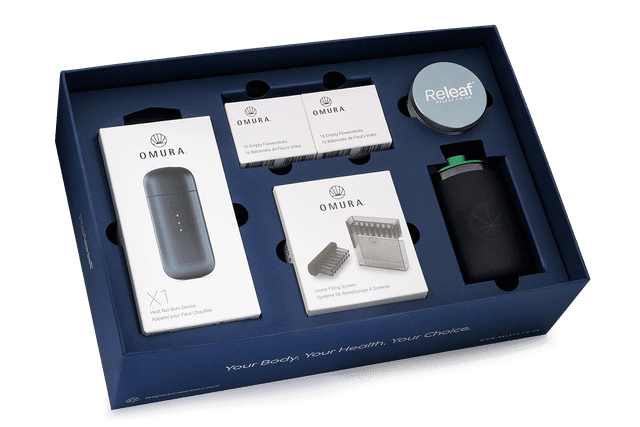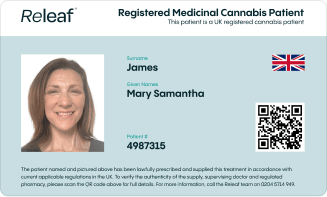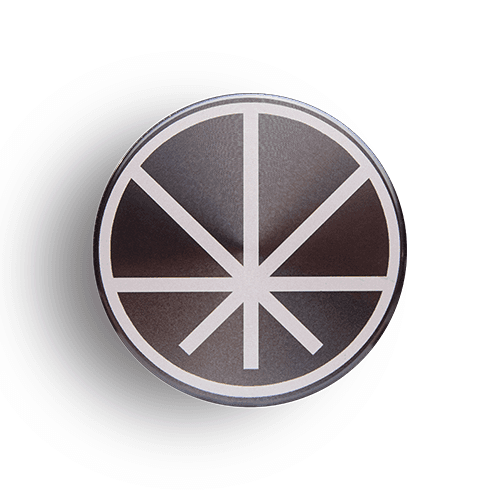Decriminalisation
Decriminalisation refers to removing criminal charges or penalties previously attached to a specific law whilst maintaining its illegal status.
Decriminalisation refers to reclassifying a law that imposes criminal penalties on the offender. Once decriminalised, the government removes criminal penalties. The act is no longer considered a crime (although it is still technically illegal), but the police can still monitor such activities.
Decriminalising an activity comes with restrictions. Most countries that have decriminalised cannabis possession and consumption have set limits on how much cannabis can carried at one time.
What is the difference between decriminalisation and legalisation?
The difference between decriminalisation and legalisation is the level of regulation and control the policy requires the public to obey. Legalisation involves decriminalisation, but the same is not true in reverse.
What is cannabis decriminalisation?
Cannabis decriminalisation is when a government removes criminal sanctions for people carrying out specific acts. It does not mean that the act is legal or completely free from consequences, but reduces the severity of punishment (or removes the punishment completely) for those who are caught in possession of cannabis.
Is medical cannabis decriminalised in the UK?
Medical cannabis is not only decriminalised in the UK but is fully legal. This change in policy began on 1 November 2018. Medical cannabis must be prescribed by a specialist and sourced from a licenced pharmacy. All other forms of cannabis possession carry the risk of legal prosecution.
Why decriminalise cannabis?
One of the main reasons for decriminalising cannabis is to reduce incarceration rates and associated costs. In some countries, possession of small amounts of cannabis can lead to imprisonment and criminal records, which can have long-lasting affects on individuals and their families. Decriminalisation allows the authorities to focus on other crimes while also reducing the strain on the prison system.
What percentage of London supports cannabis decriminalisation?
In the UK, 50% of Londoners support the decriminalisation of cannabis, and a third believe this would lead to a reduction in crime.
Which countries offer legal medical cannabis?
Medical cannabis is decriminalised in some form in Albania, Argentina, Australia, Barbados, Brazil, Canada, Chile, Colombia, Costa Rica, Croatia, Cyprus, Czech Republic, Denmark, Ecuador, Finland, Georgia, Germany, Greece, Ireland, Israel, Italy, Jamaica, Lebanon, Luxembourg, Malawi, Malta, Mexico, the Netherlands, New Zealand, North Macedonia, Norway, Panama, Peru, Poland, Portugal, Rwanda, Saint Vincent and the Grenadines, San Marino, South Africa, Spain, Sri Lanka, Switzerland, Thailand, the United Kingdom, Uruguay, Vanuatu, Zambia, and Zimbabwe.
Who can decriminalise cannabis in the UK?
The person responsible for cannabis policy in the UK is the Home Secretary. They hold the power to change or remove laws relating to cannabis and broader drug policy. The Home Office is the department that grants and issues Schedule 2 licences for medical cannabis handling, cultivation, production and manufacturing.
Will cannabis ever be decriminalised in the UK?
There is no specific answer to "when will cannabis be decriminalised in the UK". Many contributing factors influence the decision. You can read more about the topic in our education section here.
What are some other laws that have been decriminalised in the UK?
Other laws that have been decriminalised in the UK are abortion, homosexuality, and same-sex marriage.
If you would like to learn more about medical cannabis in the UK, Releaf is here to help.



